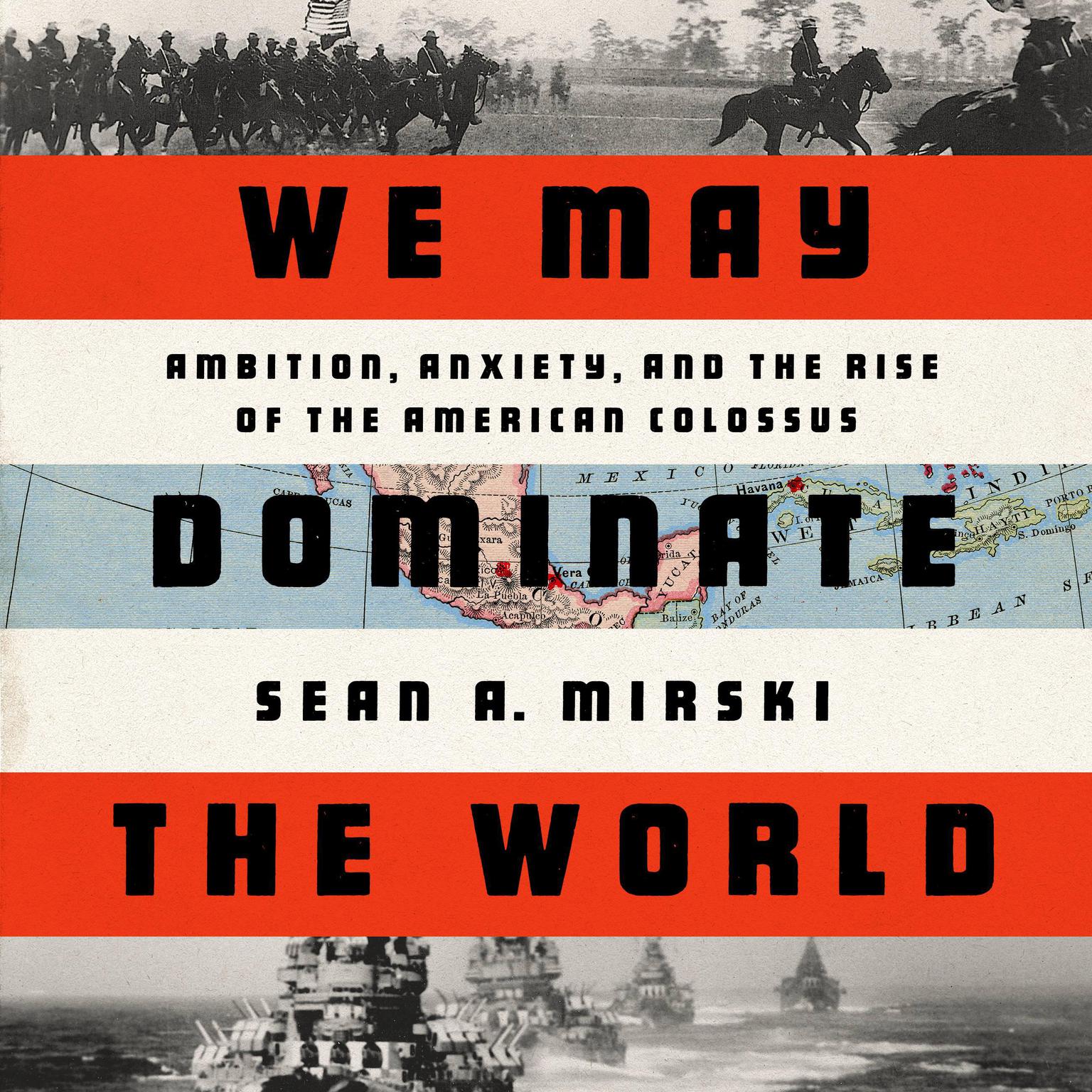 Play Audiobook Sample
Play Audiobook Sample
We May Dominate the World: Ambition, Anxiety, and the Rise of the American Colossus Audiobook
 Play Audiobook Sample
Play Audiobook Sample
Quick Stats About this Audiobook
Total Audiobook Chapters:
Longest Chapter Length:
Shortest Chapter Length:
Average Chapter Length:
Audiobooks by this Author:
Publisher Description
What did it take for the United States to become a global superpower? The answer lies in a missing chapter of American foreign policy with stark lessons for today
The cutthroat world of international politics has always been dominated by great powers. Yet no great power in the modern era has ever managed to achieve the kind of invulnerability that comes from being completely supreme in its own neighborhood. No great power, that is, except one—the United States.
In We May Dominate the World, Sean A. Mirski tells the riveting story of how the United States became a regional hegemon in the century following the Civil War. By turns reluctant and ruthless, Americans squeezed their European rivals out of the hemisphere while landing forces on their neighbors’ soil with dizzying frequency. Mirski reveals the surprising reasons behind this muscular foreign policy in a narrative full of twists, colorful characters, and original accounts of the palace coups and bloody interventions that turned the fledgling republic into a global superpower.
Today, as China makes its own run at regional hegemony and nations like Russia and Iran grow more menacing, Mirski’s fresh look at the rise of the American colossus offers indispensable lessons for how to meet the challenges of our own century.
Download and start listening now!
“Gary Tiedemann knows how to bring out the best in a strong narrative and, more importantly, how not to tamper with one. His delivery is brisk, highly focused, and steady throughout…The narrative is rich in details, anecdotes, and character delineation. It’s highly accessible and highly relevant to much of our foreign relations today.”
— AudioFile
We May Dominate the World Listener Reviews
Be the first to write a review about this audiobook!
About Sean A. Mirski
Sean A. Mirski has written extensively on American history, international relations, law, and politics, including as editor of the book Crux of Asia: China, India, and the Emerging Global Order. He is a lawyer and US foreign policy scholar who has worked on national security issues across multiple US presidential administrations. A term member of the Council on Foreign Relations, he practices national security, foreign relations, and appellate law at Arnold & Porter Kaye Scholer LLP and is also a visiting scholar at the Hoover Institution at Stanford University. He graduated magna cum laude from Harvard Law School and holds a master’s degree in international relations from the University of Chicago.


